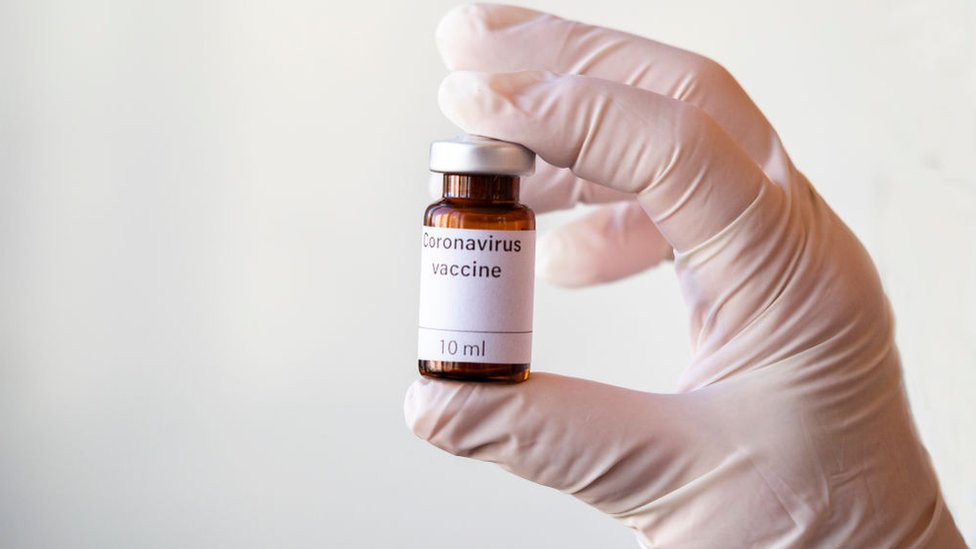News
Nigeria Does Not Have Enough Freezers To Store Pfizer Vaccine When They Arrive – NIMR Reveals
Faisal Shuaib, executive director of the National Primary Health Care Development Agency (NPHCDA), had said the country would receive 100,000 doses of the Pfizer/BioNTech vaccine at the end of January.

Nigeria does not currently have enough freezers to store thousands of doses of Pfizer/BioNTech vaccine when they are delivered to the country, according to the Nigerian Institute of Medical Research (NIMR).
Faisal Shuaib, executive director of the National Primary Health Care Development Agency (NPHCDA), had said the country would receive 100,000 doses of the Pfizer/BioNTech vaccine at the end of January.
The vaccine is required to be stored at minus 70 degrees Celsius.
Speaking in an interview with The PUNCH, Babatunde Salako, NIMR director-general, said while there are freezers in the country suitable for storing the vaccines, they are currently occupied with other medical supplies that require low-temperature storage.
He said even if adjustments are made, the facilities would only be able to contain a few thousands of the vaccine.
“Our facilities can hold Pfizer vaccines at -70 degrees but we don’t have enough of such freezers and the ones we have are even full at the moment. We even just got one that we have yet to install but how many samples can it even hold?,” Salako said.
“Even if we rearrange things, I doubt if we can store more than a few hundred or thousands.
“There are many -80 freezers around in the research institutes and universities but the point is that many of them have samples inside them. So, even if we evacuate, I don’t think we will all be able to do more than a few thousands.”
Salako also said besides storage, transporting the vaccines to rural areas is a bigger challenge.
He suggested that the government consider procuring other vaccine brands like Oxford/AstraZeneca which can be stored at higher temperatures.
“The problem is not just about storing vaccines but moving it to the rural areas and maintaining that same temperature. For example, if you land in Lagos and you store it at -70 and it has to be transported over the creek somewhere, how do you move them? There are other ways but they will be very costly. They can store them with liquid nitrogen or even dry ice but it will cost a lot of money,” he said.
“But I think all the vaccines are now being deployed in many countries. So, we can do all of them rather than do just one considering the storage capacity for Pfizer. Even the government knows that we don’t have enough space but we can be taken in batches.”





